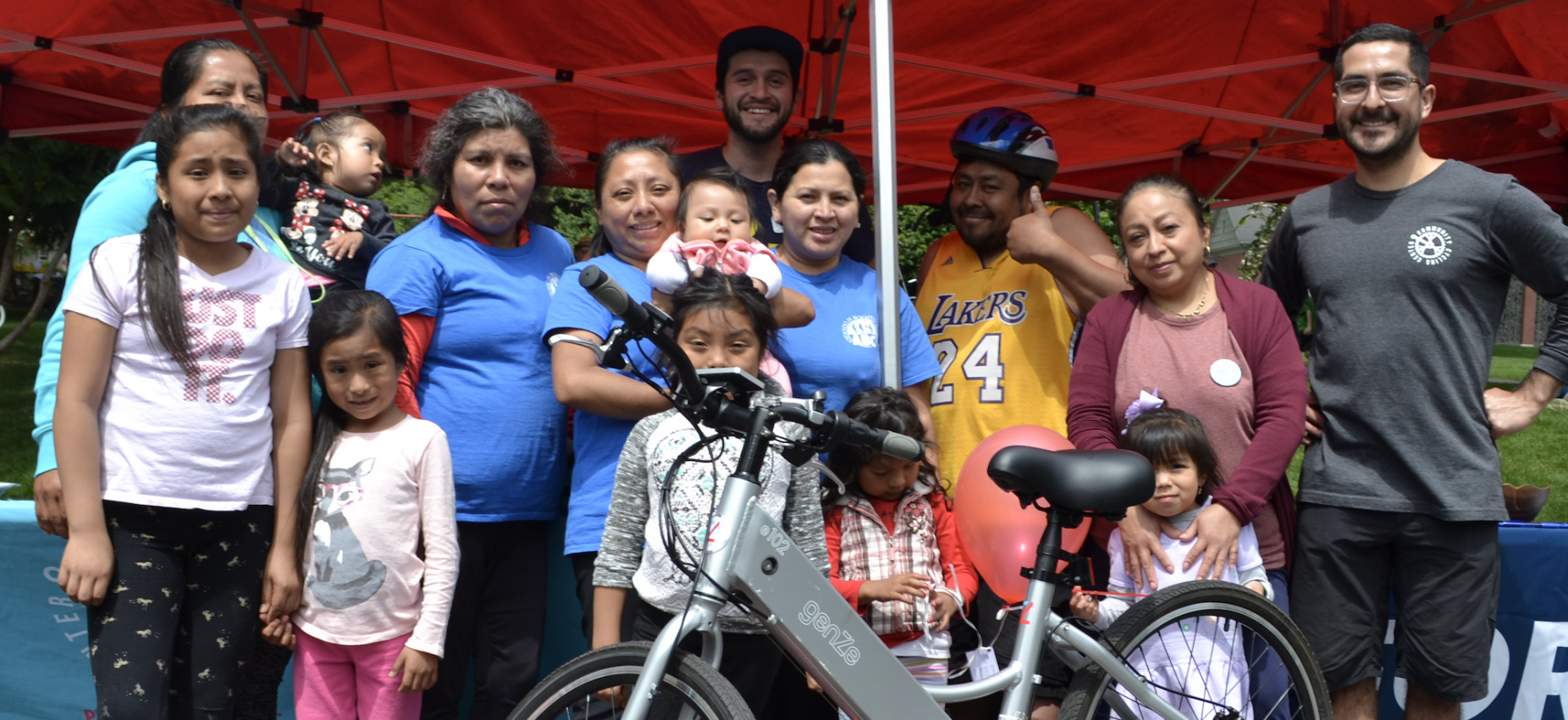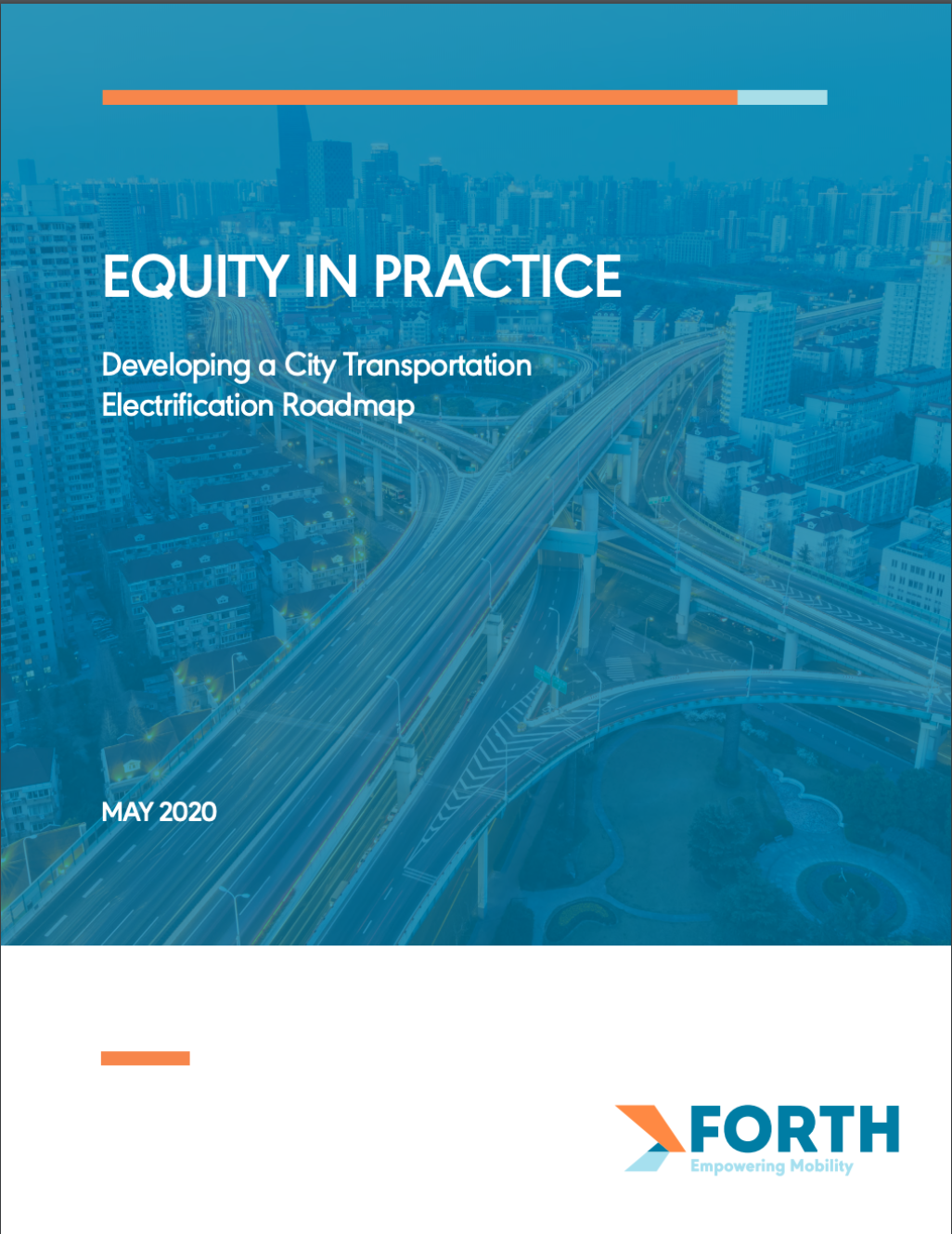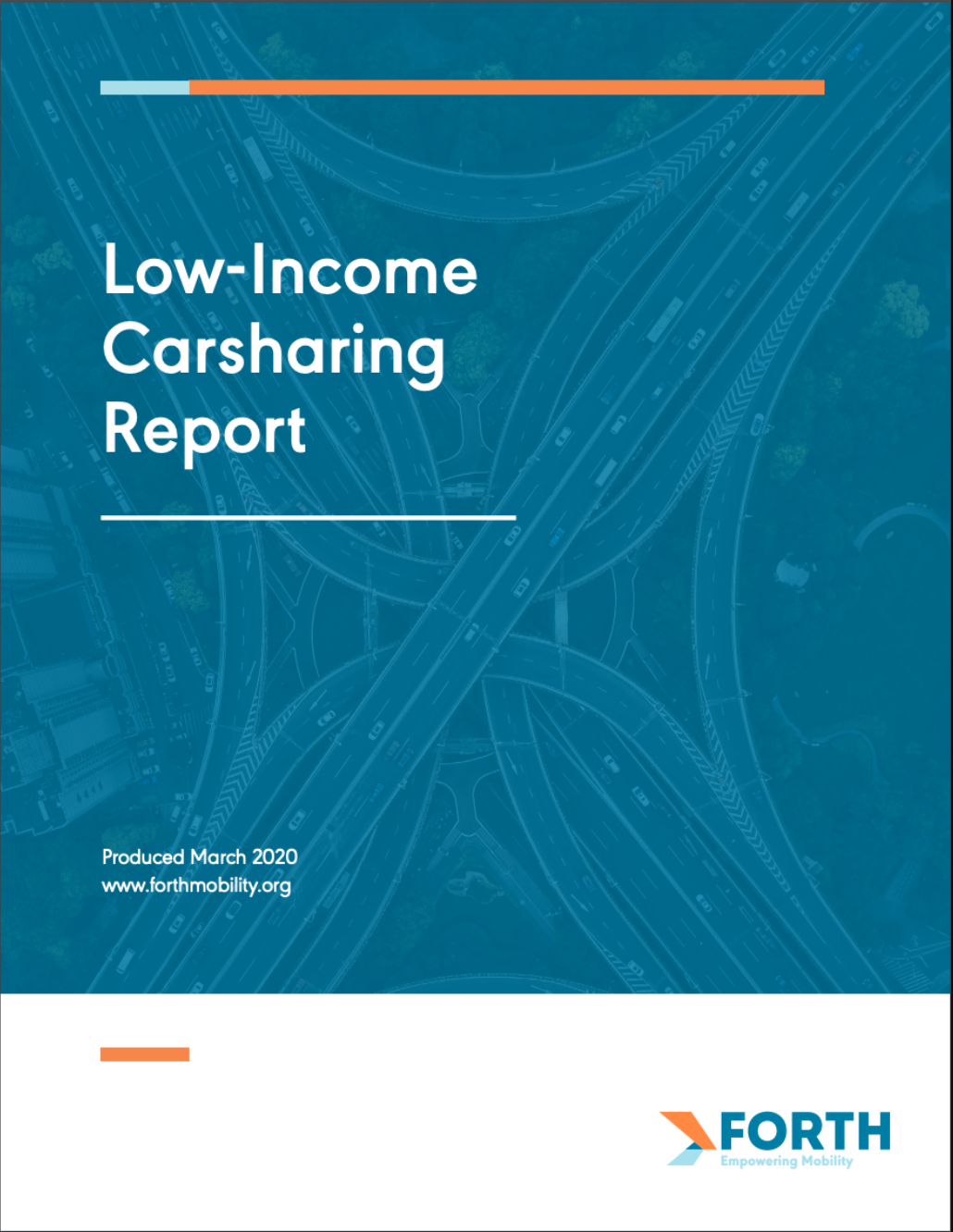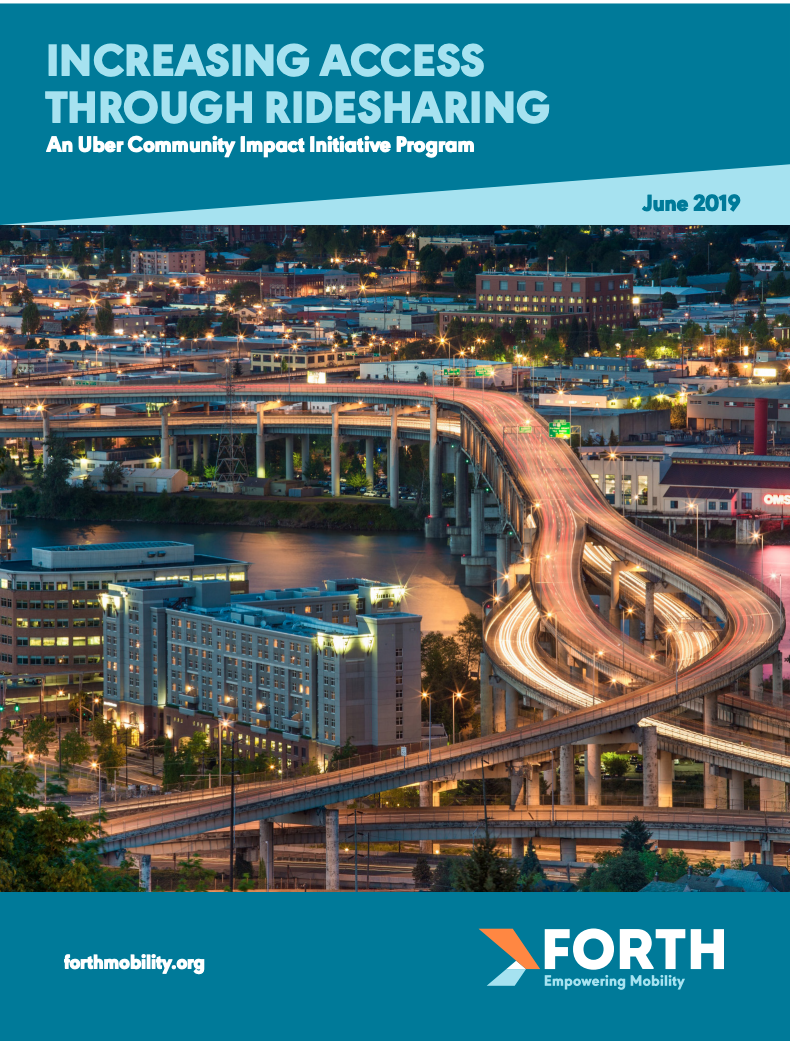Diversity, Equity and Inclusion

To succeed in advancing smart transportation we must also succeed in advancing equity.
We believe that bringing new transportation technologies to traditionally underserved communities is critical to the success of the overall industry, and will also maximize the economic and environmental benefits of these technologies.
We have a responsibility to challenge and disrupt institutional racism and other systems that deprive people of access to clean affordable mobility.
Read Forth's full D.E.I. Statement.
Taking Action
Equity
- In 2020, we published “Equity in Practice,” a report which provides recommendations on equitable practices to cities that are developing and implementing their electric transportation strategies.
- We launched the Towards Equitable Electric Mobility (TEEM) Community of Practice in partnership with the Greenlining Institute, a collaborative space where equity and climate champions come to advance racial justice within electrification and climate initiatives.
- We partnered with Virginia Garcia Memorial Health and provided electric vehicles to help screen some of our community’s most vulnerable members for COVID-19.
- We learned alongside our partners as we co-hosted the nation’s first-ever E-Mobility Equity Conference with EVNoire.
- We expanded our programming to rural communities as we secured funding for an electric tractor pilot.
- We launched a first-of-its-kind EV carsharing program (CRuSE) in rural Oregon designed to serve both low-income residents and local businesses.
- We launched SiLVERS, a new carsharing program in Missouri, which will focus on increasing access to electric vehicles and reducing expenses for social service agencies in low-income communities.
- We worked to increase rideshare drivers’ access to electric vehicle financing by establishing a Fair Financing Pilot which includes a loan loss reserve component so that we can lower interest rates and the down payment for underbanked drivers.
- Forth’s Board DEI Committee transitioned to a staff-led committee and rolled out a DEI committee charter, updated DEI statement and additional DEI resources for staff.
- We encouraged staff to speak up on where we needed to show up better for racial justice. It was a year of uncomfortable conversations and listening as we spent time discussing topics such as unconscious bias, white supremacy culture, police brutality and cultural appropriation.
- We drafted a DEI Action Plan so we could hold ourselves accountable to advancing equity in three priority areas: culture, hiring and our work. This was a collaborative process where all staff played a part in expressing actions to move forward.
- Approximately 33% of responding staff and 29% of responding board members identified as people of color, while 52% of staff and 29% of board members identified as female.
- We continued to participate in the Emerging Leaders Internship program and hosted our first remote intern.
- In 2019 we completed a case study on our experience managing Uber Community Impact Initiative (CII) programs, Hacienda CDC in Portland, OR and the Seattle Housing Authority in Seattle, WA.
- We helped Puget Sound Energy design a project implementation plan to deliver a multi-family carshare project in low-income communities throughout their service territory.
- We worked with Portland General Electric (PGE), to provide outreach and assistance to community-based organizations as they submitted applications for transportation electrification projects to the PGE Drive Change Fund.
- We’ve developed important collateral in ten different languages to serve a diverse community with access to critical information on transportation electrification.
- Our annual Roadmap Conference included multiple equity-focused sessions and a keynote focused on the importance of equity in transportation. We also expanded our equity scholarship program, which supports attendance by those working in traditionally underserved communities.
- An understanding of equity is a focus area when we interview candidates for employment. All interview panels include at least one person of color.
- All members of our leadership team have participated in a “Reframing Racism” training at Portland’s Center for Equity and Inclusion.
- We include discussions centered around DEI at staff meetings and board meetings and created an internal DEI book club to expand our conversations.
Equity
/about/equity
Diversity, Equity and Inclusion
To succeed in advancing smart transportation we must also succeed in advanc…




